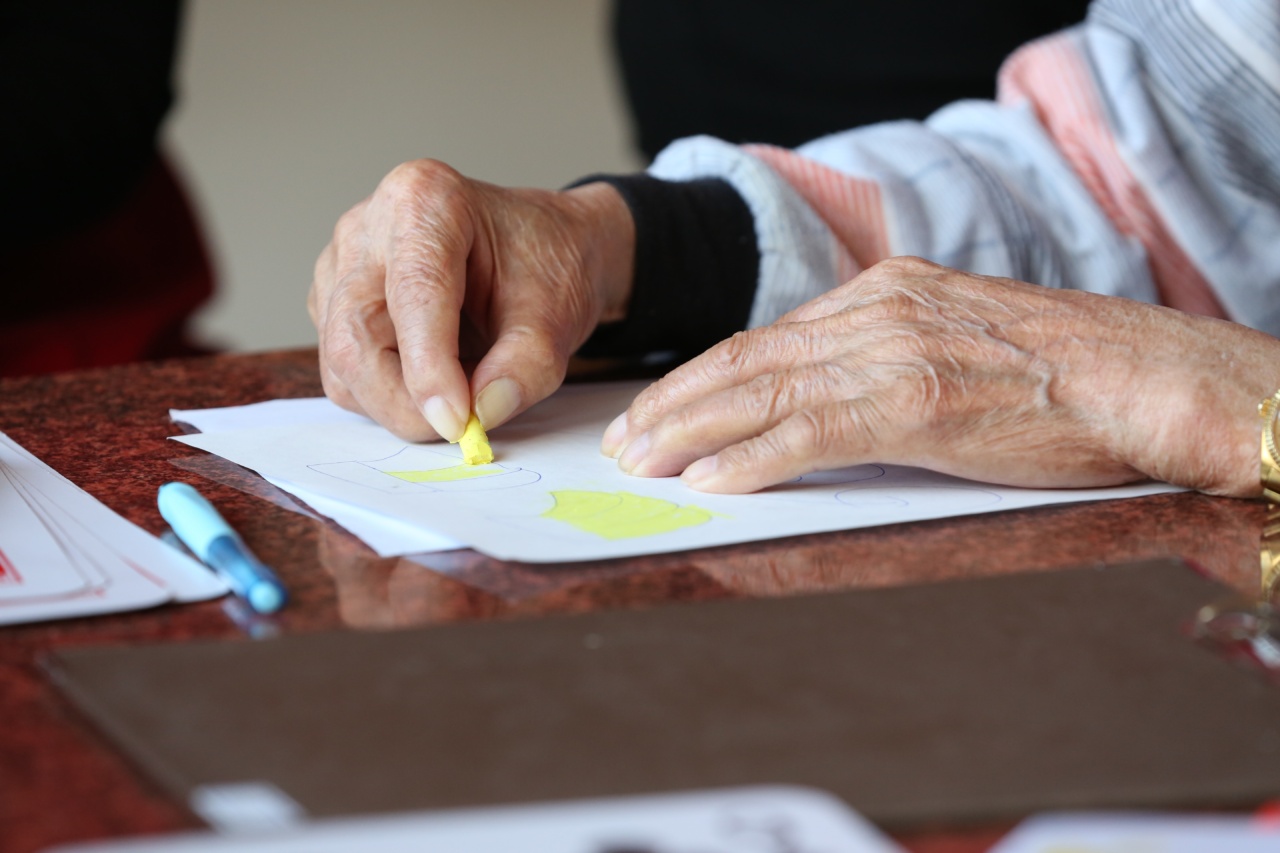Rheumatoid arthritis is a chronic and autoimmune disease that affects joints in the body, causing inflammation, swelling, and pain.
Fatigue is also a common symptom that often accompanies rheumatoid arthritis, leaving patients feeling exhausted and drained. While there is no cure for rheumatoid arthritis, there are ways to manage and overcome fatigue associated with this condition. In this article, we will discuss 10 effective ways to combat fatigue in rheumatoid arthritis patients.
1. Get Enough Sleep
Sleep is essential to both physical and mental health. Unfortunately, rheumatoid arthritis patients often have trouble getting enough sleep due to pain and discomfort.
It is important to prioritize rest and establish a regular sleep schedule to achieve a good night’s sleep. Avoid caffeine and alcohol before bed, and establish a relaxing bedtime routine. If pain and discomfort are interfering with sleep, consider speaking with a doctor about appropriate medication or pain management strategies.
2. Exercise Regularly
While fatigue may make it tempting to rest and avoid exercise, physical activity can actually help to reduce fatigue in rheumatoid arthritis patients.
Low-impact exercises such as walking, yoga, or swimming can help increase energy levels and boost mood. It is important to consult with a doctor or physical therapist before starting a new exercise program to ensure that it is safe and appropriate for your individual needs.
3. Eat a Balanced Diet
A healthy and balanced diet is crucial for overall health and can help reduce fatigue in rheumatoid arthritis patients. Focus on consuming a variety of nutrient-rich foods such as fruits, vegetables, lean proteins, whole grains, and healthy fats.
Avoid processed and high-sugar foods, which can cause energy crashes. Additionally, consider speaking with a doctor or registered dietitian about dietary supplements or vitamins that may help to manage fatigue.
4. Stay Hydrated
Dehydration can cause fatigue and worsen joint pain and inflammation. It is important to drink plenty of water throughout the day to stay hydrated. Carry a water bottle with you and aim for at least eight glasses of water per day.
Avoid or limit caffeine and alcohol, which can contribute to dehydration.
5. Practice Stress Management
Stress can exacerbate rheumatoid arthritis symptoms and lead to fatigue. Consider incorporating stress-management techniques such as meditation, deep breathing, or yoga into your daily routine.
Additionally, prioritize time for activities that bring you joy and relaxation, such as reading a book or spending time outdoors.
6. Use Adaptive Equipment
Joint pain and stiffness can make daily activities such as cooking, cleaning, and dressing difficult and tiring.
Adaptive equipment such as reachers, jar openers, and dressing aids can help reduce fatigue by making these tasks easier and less physically demanding. Speak with a doctor or occupational therapist about adaptive equipment that may be helpful for your individual needs.
7. Pace Yourself
It is important to pace yourself throughout the day to avoid overexertion, which can lead to fatigue. Break tasks into smaller, more manageable steps, and take frequent breaks. Avoid pushing yourself to complete tasks all at once or in a rushed manner.
It is important to listen to your body and rest when needed.
8. Consider Alternative Therapies
Alternative therapies such as acupuncture, massage, or chiropractic care may help alleviate fatigue and reduce pain and inflammation associated with rheumatoid arthritis.
Consider speaking with a doctor or healthcare provider about alternative therapies that may be helpful for your individual needs.
9. Join a Support Group
Joining a support group or connecting with others who have rheumatoid arthritis can help reduce feelings of isolation and fatigue.
Support groups provide a space for individuals to share their experiences, challenges, and successes, and offer a sense of empathy and understanding.
10. Speak with a Healthcare Provider
If fatigue is interfering with your daily life or is becoming increasingly concerning, consider speaking with a doctor or healthcare provider.
They may be able to offer additional strategies or treatment options to help manage fatigue and improve your overall quality of life.
Conclusion
Rheumatoid arthritis can cause debilitating fatigue that impacts your daily life. However, by making simple lifestyle changes and utilizing adaptive equipment and therapies, you can combat fatigue and improve your overall health and well-being.































